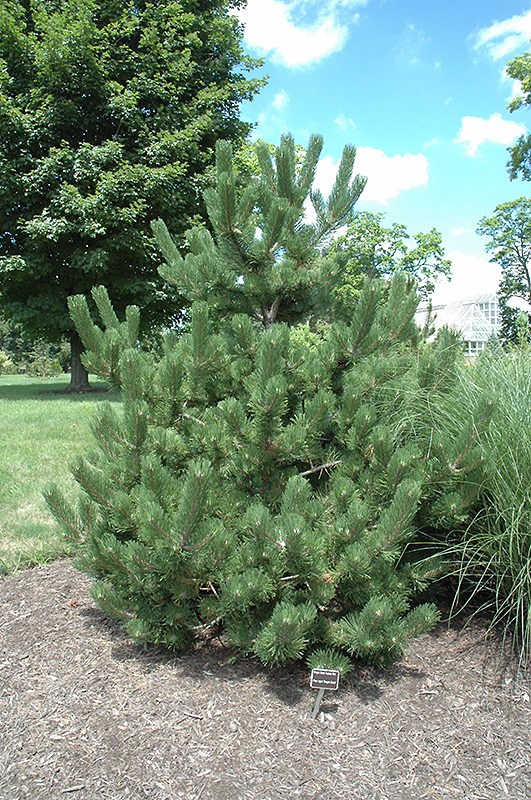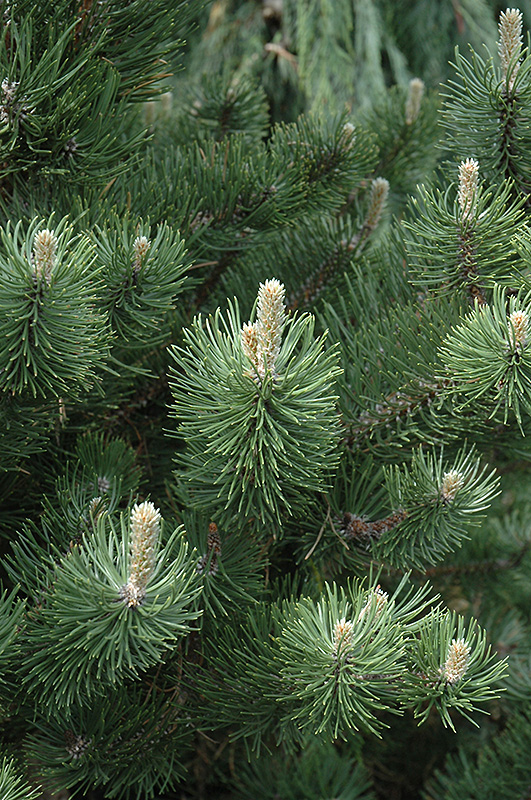Oregon Green Austrian Pine
Pinus nigra 'Oregon Green'
Height: 20 feet
Spread: 20 feet
Sunlight:
![]()
Hardiness Zone: 4b
Description:
This relatively slow growing upright tree has very stiff green needles; bright white candles jump out against the green needles in the spring; excellent as an accent or can be massed to form a tall screen
Ornamental Features
Oregon Green Austrian Pine is primarily valued in the landscape for its distinctively pyramidal habit of growth. It has rich green evergreen foliage. The needles remain green throughout the winter.
Landscape Attributes
Oregon Green Austrian Pine is a dense multi-stemmed evergreen tree with a distinctive and refined pyramidal form. Its relatively fine texture sets it apart from other landscape plants with less refined foliage.
This is a relatively low maintenance tree. When pruning is necessary, it is recommended to only trim back the new growth of the current season, other than to remove any dieback. Deer don't particularly care for this plant and will usually leave it alone in favor of tastier treats. It has no significant negative characteristics.
Oregon Green Austrian Pine is recommended for the following landscape applications;
- Accent
- Hedges/Screening
Planting & Growing
Oregon Green Austrian Pine will grow to be about 20 feet tall at maturity, with a spread of 20 feet. It has a low canopy, and is suitable for planting under power lines. It grows at a medium rate, and under ideal conditions can be expected to live for 60 years or more.
This tree should only be grown in full sunlight. It prefers dry to average moisture levels with very well-drained soil, and will often die in standing water. It is considered to be drought-tolerant, and thus makes an ideal choice for xeriscaping or the moisture-conserving landscape. It is not particular as to soil type or pH, and is able to handle environmental salt. It is highly tolerant of urban pollution and will even thrive in inner city environments. This is a selected variety of a species not originally from North America.


